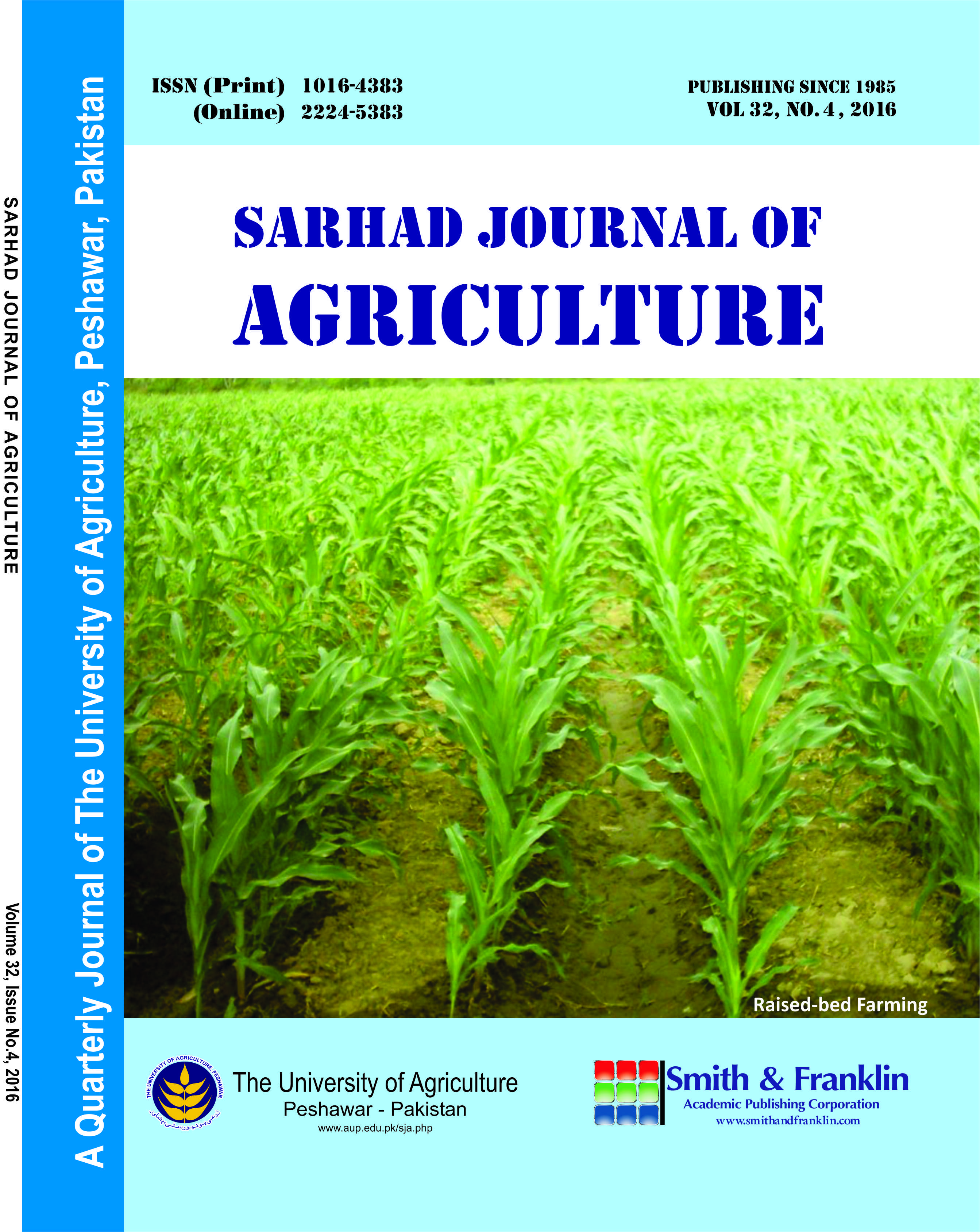Pakistan’s main source of fiber is cotton. Both living (biotic) and non-living (abiotic) stimuli, including high temperatures, have a deleterious impact on its formation. The goal of the current study was to investigate the genetic foundation of upland cotton’s heat tolerance. On the basis of CMT%, canopy temperature, seed cotton production, node number of first fruiting branch, days to first effective boll, heat index (HI), and heat tolerance index (HTI), fifty upland cotton genotypes were screened against high temperatures. Based on the traits utilized for screening, there were fifty genotypes with significant variation. Five heat-sensitive genotypes (Ali akbar-703, Ali akbar-708, IR-1524, Tarzan-1, CIM-598) and seven heat-tolerant genotypes (CIM-602, Cyto-178, MNH-1020, FH-142, MNH-1026, MNH-886 and IUB-222) were chosen. These selected heat tolerant genotypes can be utilized further in breeding program.








